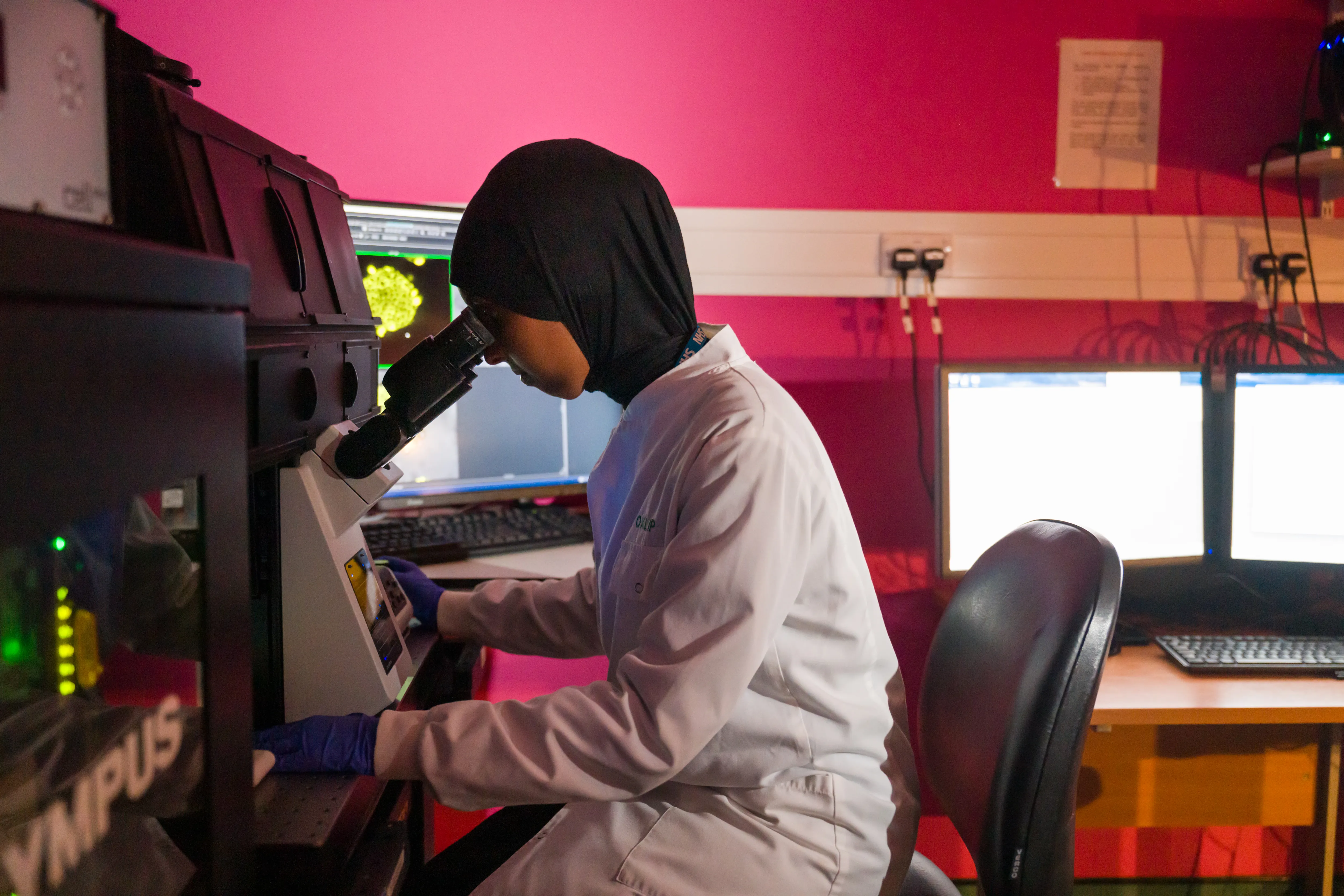
We’re calling on researchers to drive forward research that leads to more inclusive, personalised and equitable care for everyone affected by diabetes.
The experiences of some people with diabetes – particularly those from underserved communities – have historically been overlooked in research. This means care isn’t always tailored to the diverse needs of everyone at risk or living with diabetes.
Shaped by our Diabetes Research Steering Groups (DRSGs), which bring together people living with diabetes, researchers, and healthcare professionals, we’re now launching new calls for research that hopes to change this and help us to tackle diabetes inequity.
Understanding diabetes in different ethnic groups
People from Black, South Asian, and other ethnic backgrounds often experience diabetes differently—being diagnosed with type 2 younger, at lower body weights, or misdiagnosed. But most treatments and support have been developed using data from White European populations, meaning current diabetes care may not be right for everyone.
We want to fund research that could help:
-
improve how we predict who is at risk of type 2 diabetes across diverse communities
-
make diagnosis and treatment more personalised
-
and demonstrate how these changes can improve long-term health and reduce costs for the NHS.
Tackling inequities in physical activity
Being active can help to lower the risk of type 2 diabetes and help people to better manage it. But not everyone finds it easy to be active. Some people live in areas without green spaces, have low incomes, poor transport, or face racism. Many physical activity programmes don’t reflect the needs of people from different communities.
We hope to support research that:
-
explores how activity affects diverse groups with diabetes
-
identifies barriers to physical activity, and how to break them
-
and develop inclusive and culturally relevant ways to support people to become active.
Spotlight on Women’s Health and Diabetes
Much of what we know about diabetes care is based on studies that didn’t include enough women. But women’s bodies go through unique changes, like pregnancy and menopause, that affect their diabetes and how it should be managed.
Women from ethnic minorities and lower-income areas are also more likely to have type 2 diabetes, but they often get the least personalised care. Based on insights from our DRSGs and the wider diabetes community, we’re now seeking research that:
-
investigates how diabetes affects women at different life stages, from puberty, to pregnancy, and menopause
-
improves support around fertility and pregnancy planning
-
examines how menopause affects blood sugar levels and mental health
-
ensures access to the right treatments and tech at the right time
-
and looks at how factors like ethnicity, income and immigration status affects long-term health for women with diabetes.
Dr Rohini Mathur, member of the DRSG focusing on living with diabetes long term, said:
“Women’s health is a hugely understudied area. I was shocked to learn that only 5% of medicines are approved for use during pregnancy, this is a gap we are urgently trying to fill. Speaking with my colleagues in the steering group really highlighted how fragmented our knowledge is of women’s health across the life course, and how the experiences in early life can have significant impacts in later life, in ways we are only beginning to uncover.
“By drawing on rich, long-term health data, we can deepen our understanding of how diabetes develops and progresses throughout life—and how this may differ between women and men.
“To create meaningful change, we also need to look beyond biology—addressing the wider social and structural factors that shape people’s health. By combining data science with social science and listening closely to lived experience, we can help shape a fairer, more effective approach to diabetes care and prevention.”
Anna Morris, Assistant Director of Research at Diabetes UK, said:
"We're committed to bridging the gap between what research has traditionally focused on and what really matters to people living with diabetes. Too often, areas like women’s health and health inequalities have been underrepresented in research.
“Through listening closely to people affected by diabetes, healthcare professionals and researchers, we’re now actively calling for proposals that can uncover new insights, develop inclusive interventions, and support meaningful improvements in care. By targeting these critical areas, we hope to drive forward research that not only deepens scientific understanding, but also delivers practical change for those who need it most."
